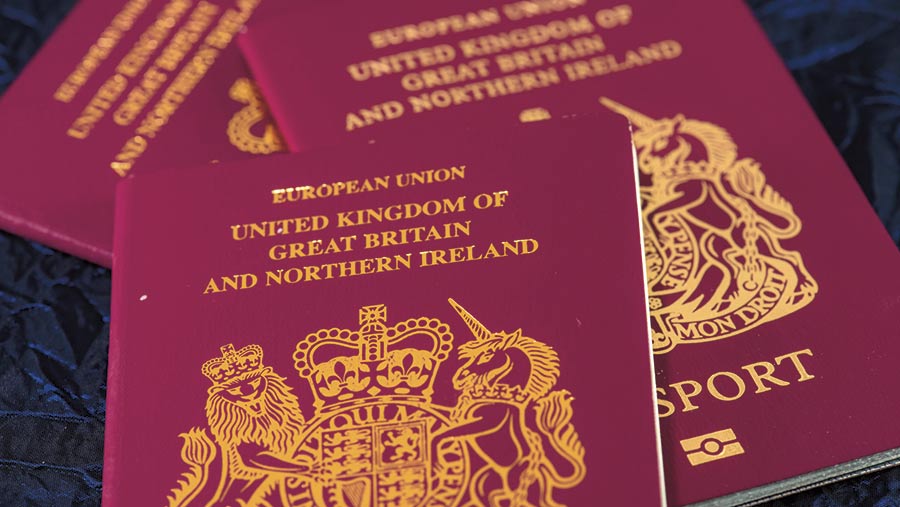Farmers must prepare for more security checks on land deals
 © Paul Gillis/REX/Shutterstock
© Paul Gillis/REX/Shutterstock Farmers buying and selling land need to be prepared for increased security checks due to new regulations over money laundering, warns the Central Association of Agricultural Valuers (CAAV).
The Money Laundering, Terrorist Financing and Transfer of Funds (Information on the Payer) Regulations 2017 came into effect on 26 June 2017 and apply throughout the UK.
This has resulted in a tighter regime of identity checking for property transactions in a bid to reduce the opportunities for criminal organisations to launder money or finance terrorist activity.
See also: Buying farmland abroad: Prices, benefits and risks
Kate Russell, policy and technical adviser at the CAAV, says this means the requirements relating to selling and buying property have become a lot tougher.
She explains: “They [agents] now have to identify money laundering risks for the purchase or sale of houses, land, farms and commercial property. This involves checking identities, confirming the source of funds and reporting any suspicious activity to the authorities.”
What to expect
Security requirements will vary depending on the way farmers purchase property. If buying through private treaty, identification will be needed before an offer is accepted.
If buying through an auction, registration and identification will be needed before bidding begins. If acquiring land by tender, buyers will have to confirm their ID as part of the tender process and before an offer is accepted.
If the buyer or seller is a trust, charity or a limited company, information on the “beneficial owners” – those who own or benefit from the organisation, including trustees, beneficiaries, shareholders or directors – will be required.
Typically, agricultural sales rank fairly low in terms of risk for fraud and money laundering, Ms Russell explained, but even if you have known a land agent for years, your identification will still need to be checked and a risk assessment for the transaction will need to take place.
HMRC is carrying out inspections of agents and other professional advisers so businesses need to be able to prove they are carrying out customer due diligence checks.
Ms Russell advises ensuring all documents are in order to reduce time and hassle during the process: “It is a legal requirement to provide the necessary documentary evidence – so please be understanding and be prepared.”
